Lethukuthula Bhengu (aka Lethu), is considered a symbol of fighting illiteracy in South Africa. At just 3 years old, the girl from Soweto township in Gauteng province, 15km southwest of the capital Johannesburg, can read better than 80% of South African children at the end of primary school.
Lying on a small rug, little Lethu picked up a book and read it aloud, fluently, to the delight of his parents. “Mommy taught me to read,” Lethu said, holding up a purple book with a picture of a dancing elephant. It was the book “Tippie Loves to Play,” which Lethu loved very much.
Lethu's father, Phakiso Masooa, 27, said he and his wife started teaching Lethu to read when she was just two years old. They noticed that their daughter was very quick to memorize and associate words and objects, especially when the family went shopping. While 81% of 10-year-olds struggle to read and understand at the same time, Lethu's early reading skills are rare in South Africa. As a result, Phakiso's TikTok page for her has attracted 1 million followers.
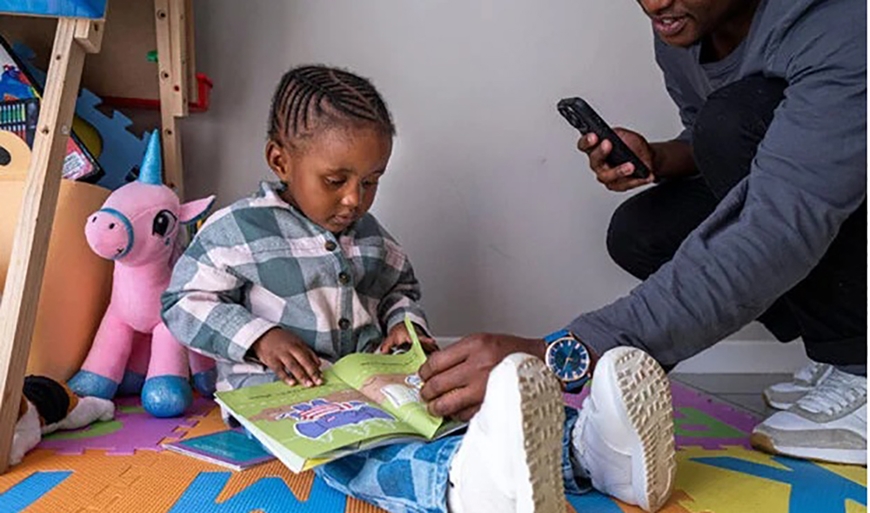 |
| Little Lethukuthula Bhengu loved reading books since he was a child. Photo: AFP |
According to AFP, 30 years after the end of apartheid, equality in education is still a burning issue in South Africa. In the recently released Progress in International Reading Literacy Study (PIRLS), the International Association for the Evaluation of Educational Achievement (IEA) surveyed the reading comprehension abilities of more than 400,000 students in 57 countries around the world. Singapore ranked first with 587 points compared to the international average of 500, while South Africa ranked last with 288 points. Of which, more than 81% of children aged 8-9 attending grade 4 in South Africa had difficulty reading comprehension. The proportion of adolescents who cannot read in this country also increased from 78% in 2016 to 81% in 2021. South Africa's Minister of Basic Education Angie Motshekga said that the reason for the "disappointing results" was partly due to the Covid-19 pandemic that forced schools to close for a year.
However, Amnesty International South Africa Director Shenilla Mohamed said the problems existed before the Covid-19 pandemic. Despite South Africa’s huge spending on education over the years, reading comprehension among students has not improved much. The cause is believed to stem from apartheid, which created inequality in access to education, as well as a lack of learning materials and essential infrastructure, including toilets, in many schools across the country.
Source: https://www.qdnd.vn/quoc-te/doi-song/bat-cap-viec-tre-em-nam-phi-khong-doc-hieu-thong-thao-truoc-10-tuoi-730909
Source link



![[Photo] The heroic and lovely moment when the armored vehicle passed by Hanoi Flag Tower](https://vphoto.vietnam.vn/thumb/1200x675/vietnam/resource/IMAGE/2025/9/2/5b07b9f62ee94db287a0ae3a27b6db51)
![[Photo] Bustling atmosphere at Ba Dinh Square on National Day](https://vphoto.vietnam.vn/thumb/1200x675/vietnam/resource/IMAGE/2025/9/2/c441c931800d4ff8a4a5b2ed4d4c496b)
![[Photo] Parade groups bid farewell to the people after completing mission A80](https://vphoto.vietnam.vn/thumb/1200x675/vietnam/resource/IMAGE/2025/9/2/36d202d43ecc4ca8aede59a0e99f32ed)

![[Photo] The army marched proudly on the street with loud cheers.](https://vphoto.vietnam.vn/thumb/1200x675/vietnam/resource/IMAGE/2025/9/2/c0dc9a5121094991bd7c5a02166b3a4f)
![[Photo] Police blocks parade on Le Duan Street](https://vphoto.vietnam.vn/thumb/1200x675/vietnam/resource/IMAGE/2025/9/2/8f607af025d5437d828366c5e911bbda)





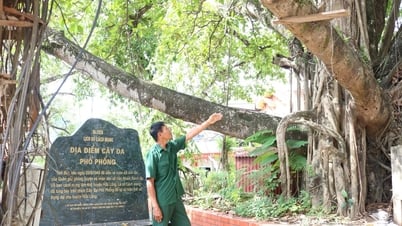



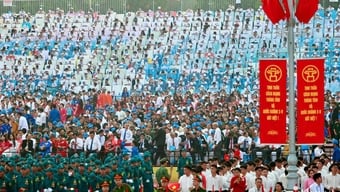




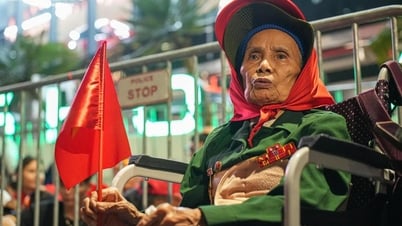
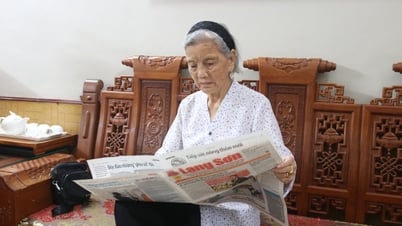




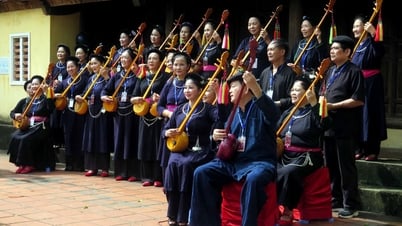

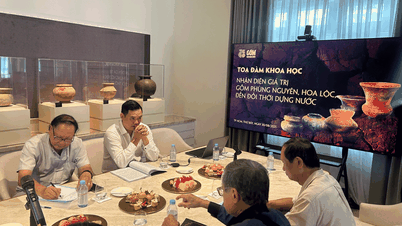

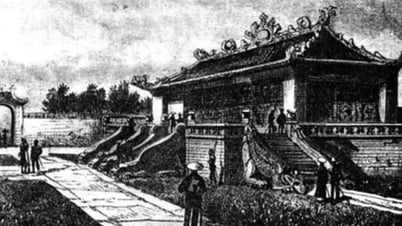







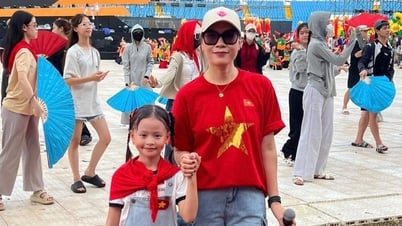
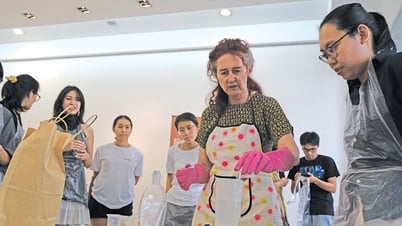


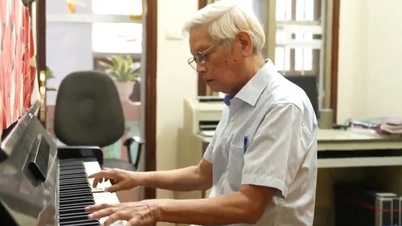




















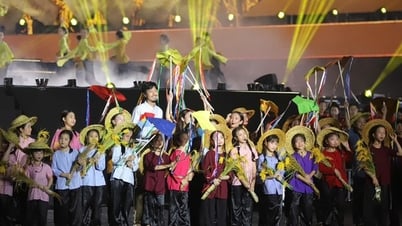
![[Live] Parade and march to celebrate the 80th anniversary of the August Revolution and National Day September 2](https://vphoto.vietnam.vn/thumb/402x226/vietnam/resource/IMAGE/2025/9/2/ab9a5faafecf4bd4893de1594680b043)


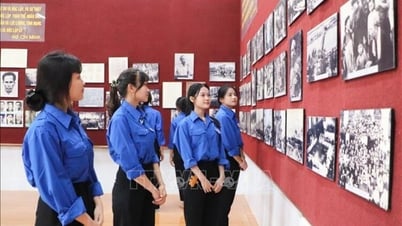

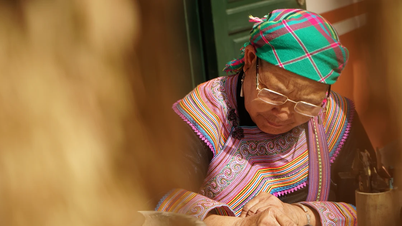





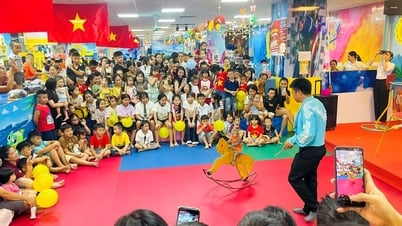

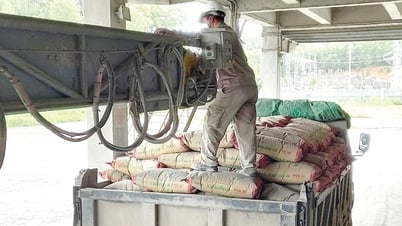






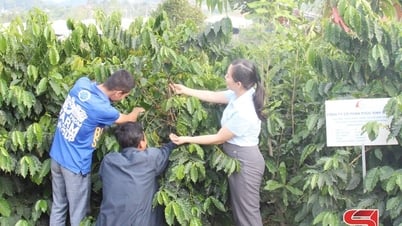

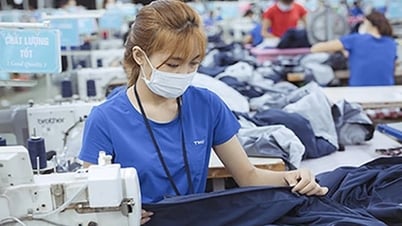




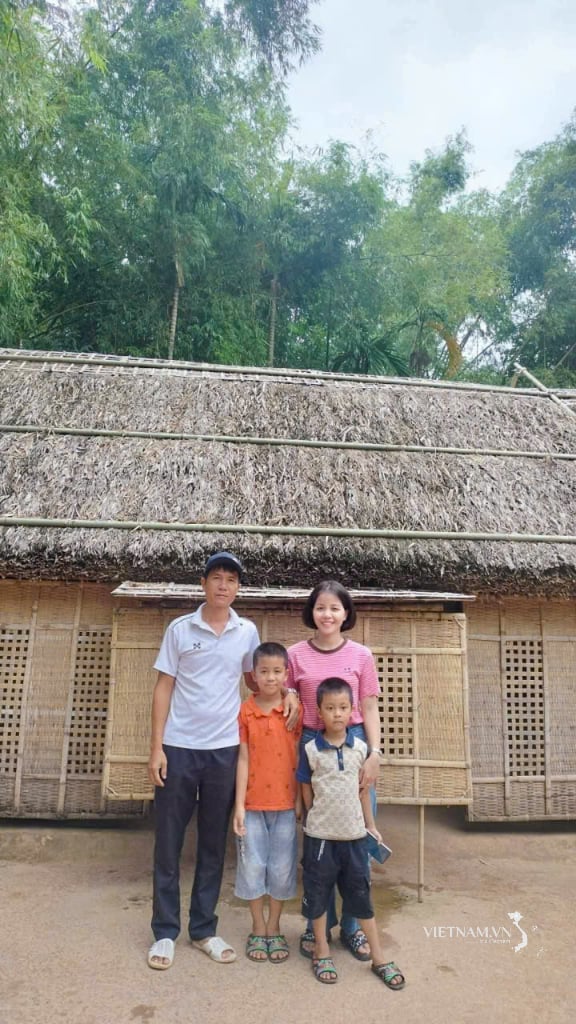
Comment (0)